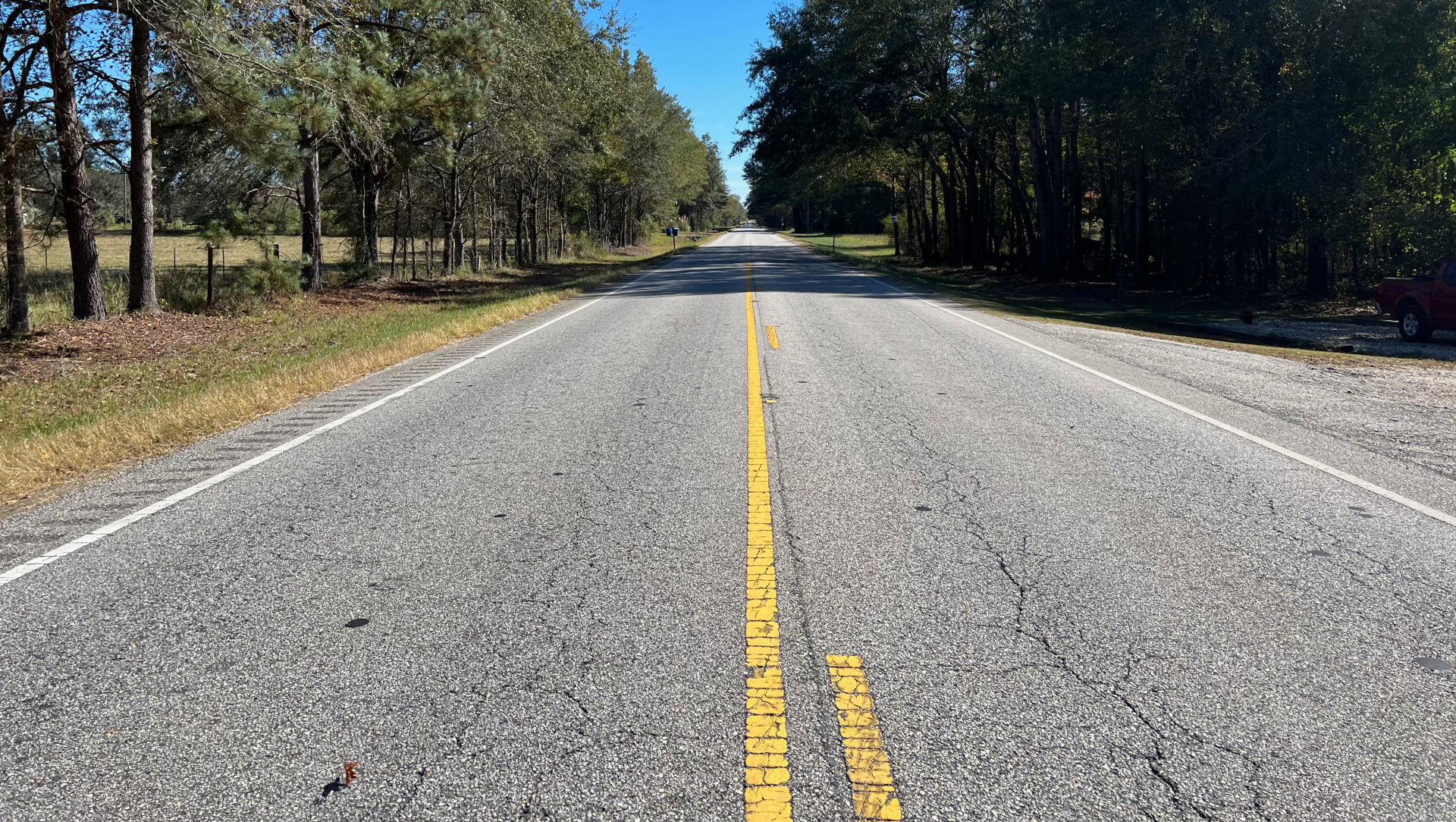Alabama Move Over Act
October 26, 2022
Alabama Move Over Act
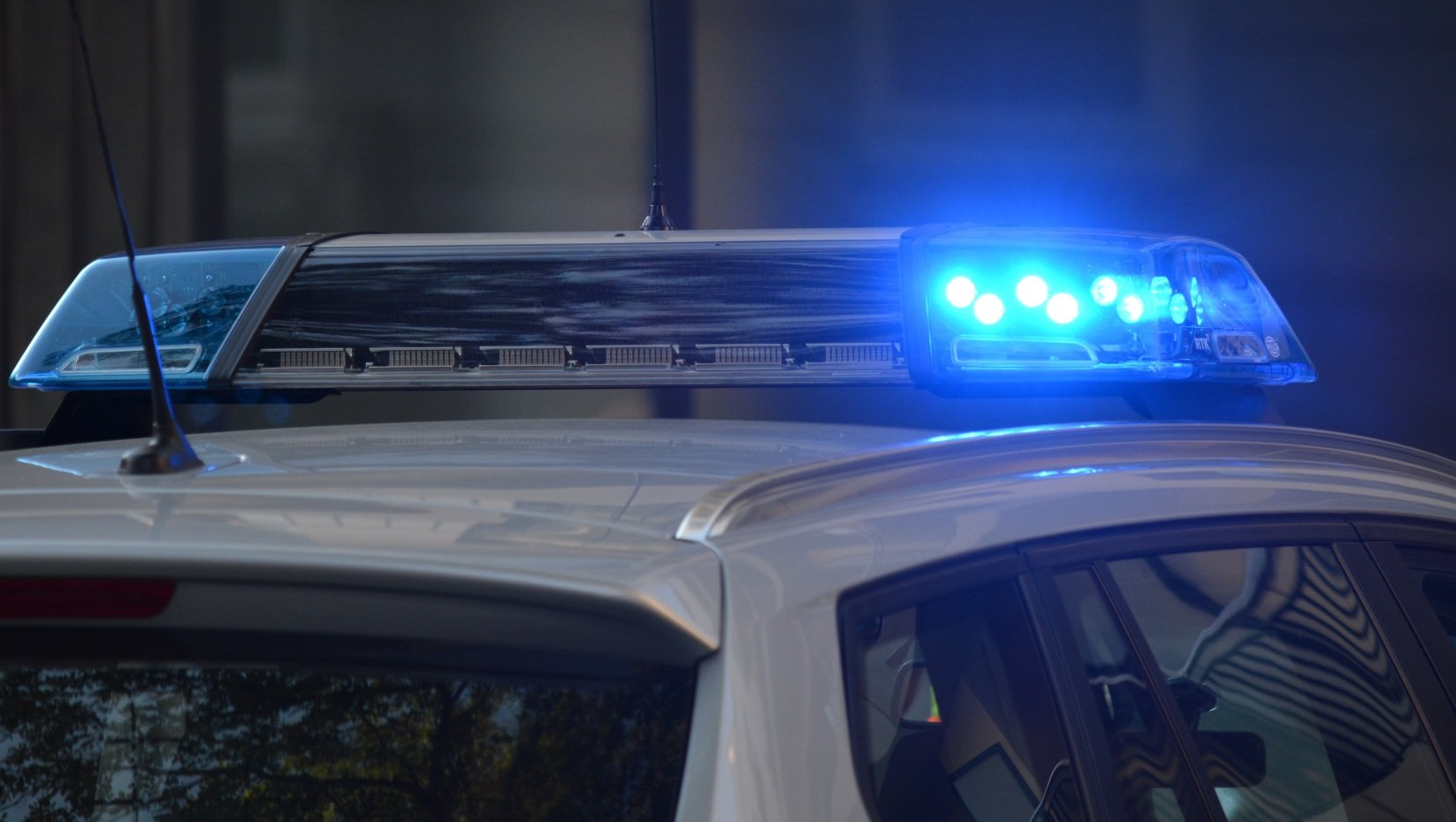
Effective September 1, 2019, Act 2019-520 increases the fine associated with a violation of the Alabama Move Over Act as follows: (1) $100 for a first violation; (2) $150 for a second violation; and (3) $200 for a third or subsequent violation.
Section 32-5A-58.2
Moving over or reducing speed when approaching law enforcement vehicles, emergency vehicles, etc.
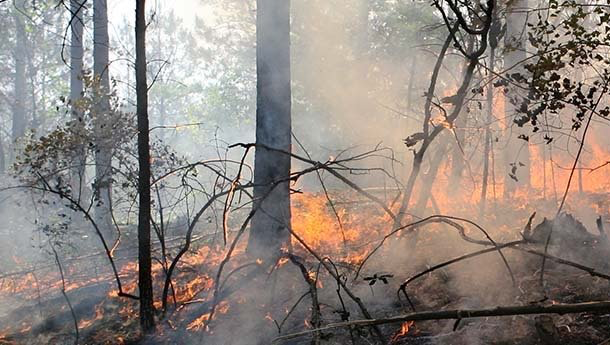
Alabama law (9-13-11) requires that you obtain a permit from the Alabama Forestry Commission to conduct a prescribed burn for silvicultural and agricultural purposes. In general, the permit means the burner has the manpower and equipment to control the fire and agrees to stay with the fire until it is out. If the proposed fire is less than ¼ of an acre a permit is not necessary. Even though the burner has a permit, he/she is still responsible for any damage to others that may be caused by the fire or smoke.
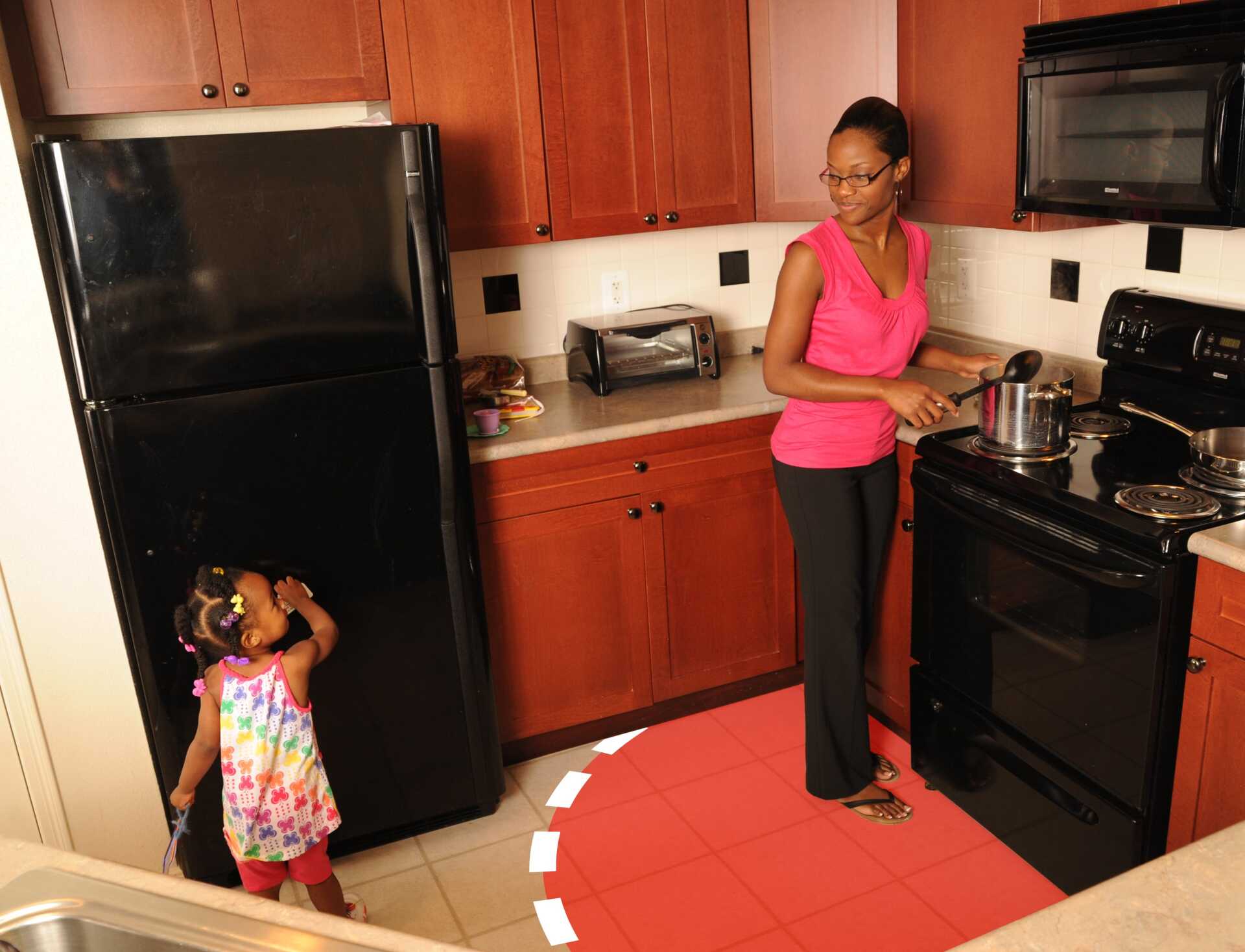
Cooking is the leading cause of home fires and home fire injuries. Keep an eye on what you fry. Most cooking fires start when someone is frying food. Watch what you are cooking. Fires start when the heat is too high. If you see any smoke or the grease starts to boil, turn the burner off. Make sure you are awake and alert. Alcohol and some drugs can make you sleepy. Wear short sleeves or roll them up so they don’t catch on fire. Make sure children and pets stay at least 3 feet away from a hot stove. Turn pot handles toward the back of the stove so no one can bump them or pull them over. Move things that can burn away from the stove. This includes dishtowels, bags, boxes, paper and curtains.
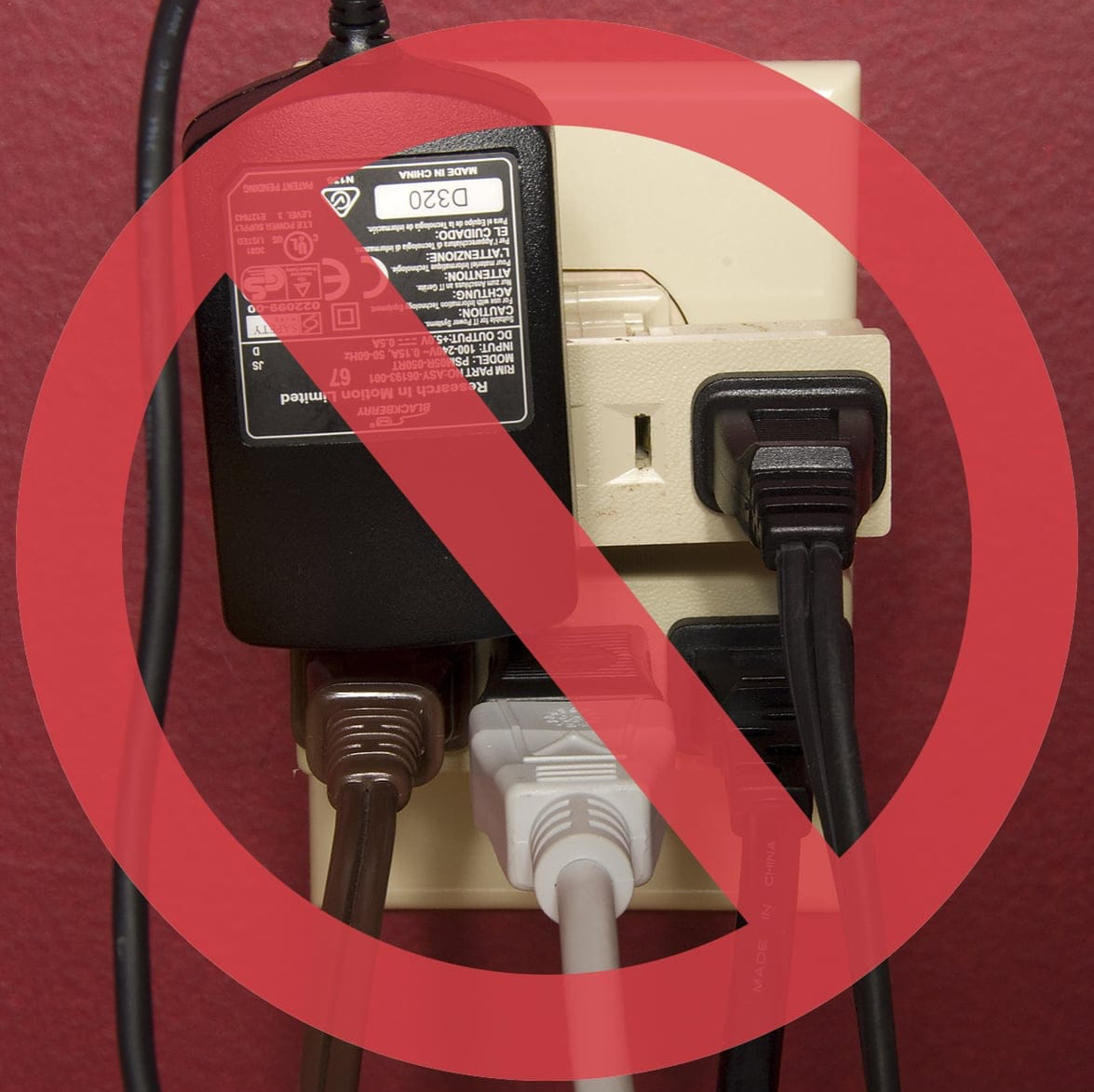
Over half of all home electrical fires involve lighting equipment or home electrical wiring. Plug only one heat-producing appliance (such as a coffee maker, space heater, or microwave) directly into a wall outlet at a time. Extension cords should only be used temporarily. Have an electrician install additional wall outlets where you need them. Never use an extension cord with a heat-producing appliance. Don’t overload extension cords or wall outlets. Check your electrical cords. If they are cracked or damaged, replace them. Don’t try to repair them. Use light bulbs that match the recommended wattage on the lamp or fixture. Electrical work should only be done by a qualified electrician.
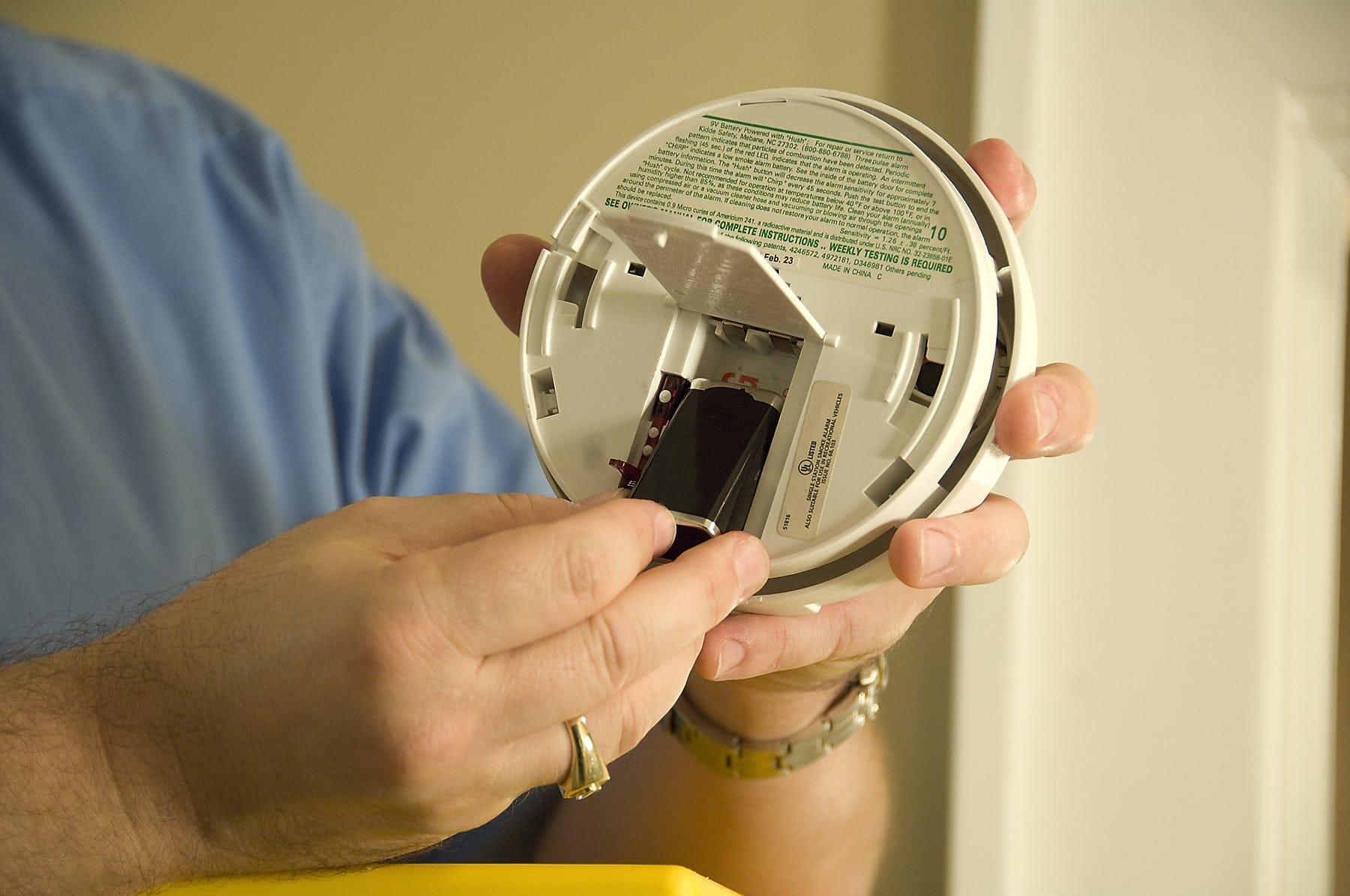
Three out of five home fire deaths result from fires in properties without working smoke alarms.
Choose interconnected smoke alarms, so when one sounds, they all sound. Put smoke alarms inside and outside each bedroom and sleeping area. Put alarms on every level of the home. Make sure your smoke alarms work. Your family is not safe if they can’t hear the smoke alarms. Test smoke alarms every month and replace 9-volt smoke alarm batteries at least once every year. Smoke alarms do not last forever. Get new smoke alarms every 10 years. When you hear a smoke alarm, you may have less than 2 minutes to get everyone outside and safe.
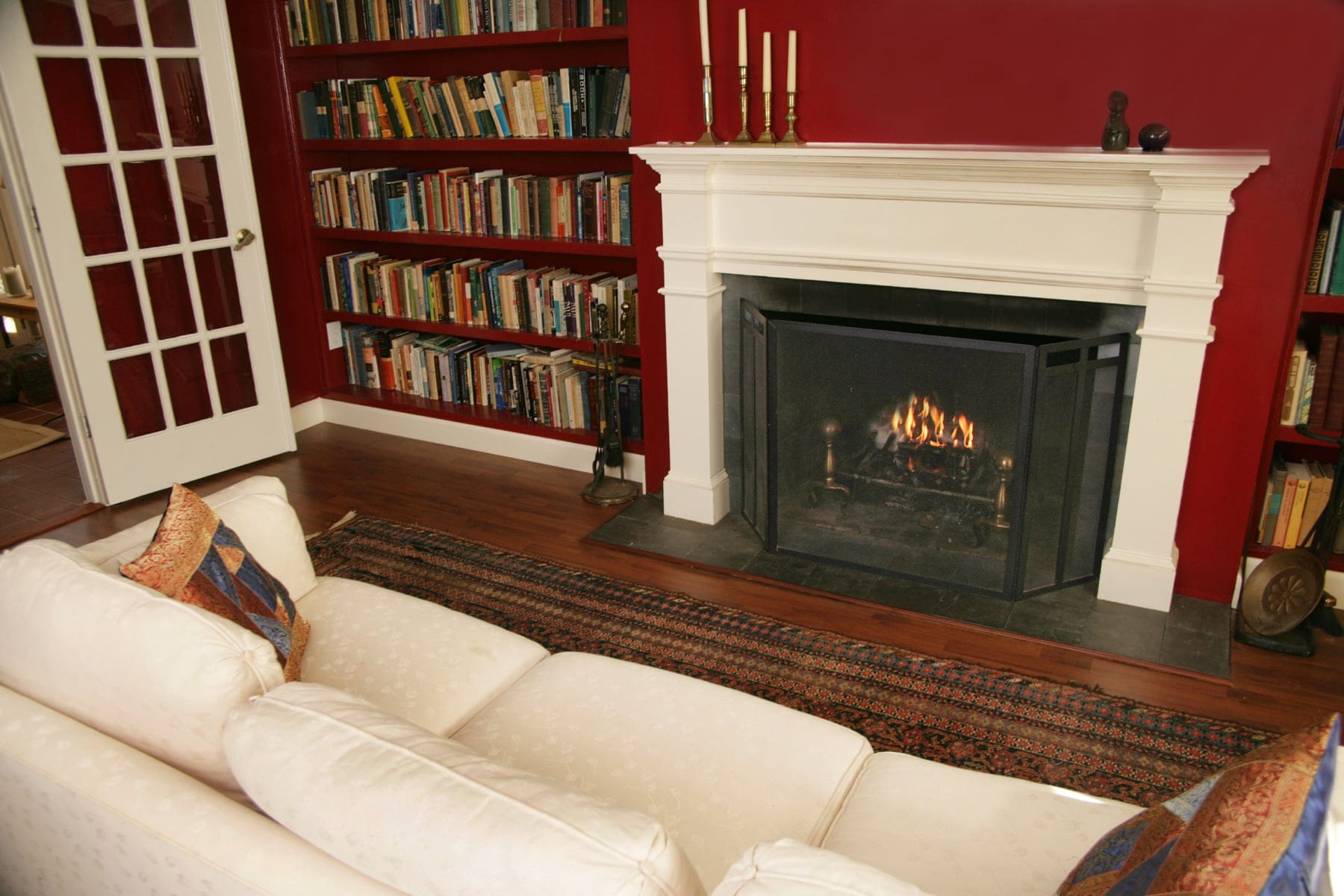
Heating is the second leading cause of home fires. Install and test carbon monoxide alarms at least once a month. Have a qualified professional clean and inspect your chimney and vents every year. Store cooled ashes in a tightly covered metal container, and keep it outside at least 10 feet from your home and any nearby buildings. Keep anything that can burn at least 3 feet from any heat source like fireplaces, wood stoves, radiators or space heaters. Plug only one heat-producing appliance (such as a space heater) into an electrical outlet at a time. Never use an oven to heat your home. Turn space heaters off when leaving the room or going to bed.
